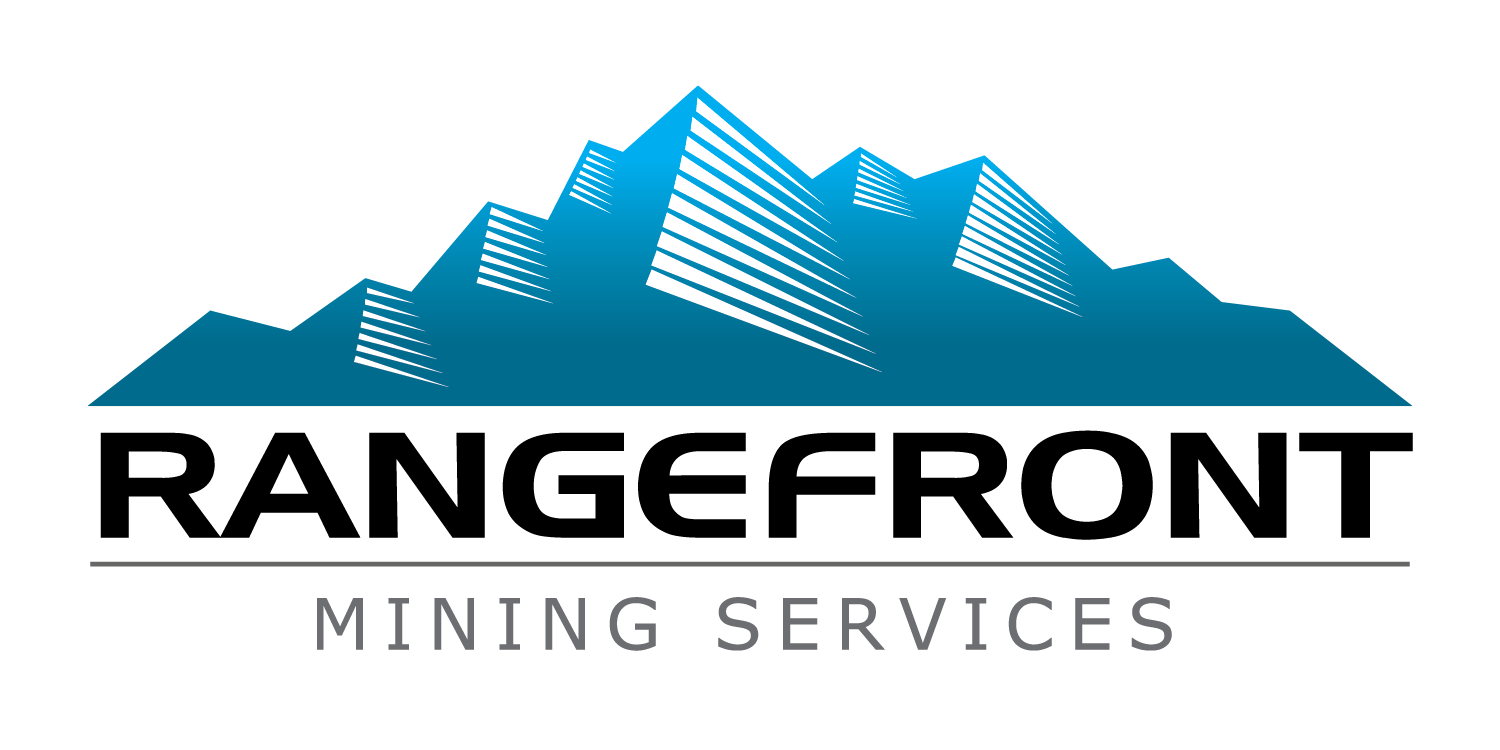Mining and mineral exploration are a high-risk, high-reward process, requiring a high level of expertise, research, and—sometimes—a little luck. While many mineral exploration efforts never result in actual mining production operations, those that do can be highly profitable.
Many current mining and exploration laws and restrictions derive from gold-rush era colloquial “laws,” which can often lead to a discrepancy in terms and understanding by those who may be new to the industry. In this article, we discuss the difference between mineral exploration and mining.
WHAT IS THE DIFFERENCE BETWEEN MINERAL EXPLORATION & MINING?
Mineral exploration refers to the process of exploring an area of land to determine whether there are minerals that are economically of interest. It is the precursor to mining, in which operations physically extract mineral deposits for economic benefit.
In mineral exploration, the goal is to find minerals that are locatable, in high enough quantities to be commercially viable, and that may be reasonably extracted. It requires an expert degree of exploration, geophysical studies, and investment to complete the steps of mineral exploration. If the mineral exploration process is successful, a production decision about whether or not to mine the area will be made, during which the operation will extract minerals from the site for commercial use.
COMMON MISCONCEPTIONS ABOUT MINERAL EXPLORATION & MINING
- Finding a mineral deposit doesn’t immediately merit initiating a mining project. Less than 1% of mineral exploration projects result in actual mining production. This is because there are many more steps in mineral exploration than just locating a deposit. Read more on our article, “8 Steps of Mineral Exploration.”
- Staking a mining claim doesn’t mean you can actually start mining. While a mining claim provides you with possessory rights to the land, it doesn’t mean you can begin mining on day one. Claim staking and permitting are early steps in the mineral exploration process, followed by multiple geophysical tests, resource modeling, and more. Conducting any exploration or operations that disturb the surface of the area requires submitting and receiving approval of a notice or plan of operations.
- You can camp indefinitely on your mining claim. Since most mining claims are on public lands, the same camping rules apply to your mining claim as on other public lands, which means you can camp for 14 days within a 90-day period. It is also open to public land camping by others (you don’t hold exclusive camping rights). However, if you are the claimant on the land, you may camp for an extended period of time as long as you meet all of the following 5 requirements.
- Must be carrying out approved activities;
- work on these activities regularly;
- conduct activities related to mineral extraction;
- perform verifiable on-the-ground activities;
- and use appropriate and operable equipment that is subject to reasonable assembly, maintenance, repair, or construction of replacement parts.
- Once I have a mining claim, I can restrict who enters my claim area. This is not correct, even if you are actively mining the area. A mining claim does not give you the right to restrict land users from using the land. Land users may use the land recreationally as well as cross through the claim to reach federal lands beyond claim boundaries. The public may not interfere with mining or exploration activities; however, unless fencing or exclusion is required for legitimate safety concerns (and approved by the BLM, Forest Service, Mine Safety & Health Administration, or state mine safety agencies), fences or other methods of exclusion are not allowed.
LEARN MORE
To learn more about the mineral exploration process, read our blog “8 Steps of Mineral Exploration.”

ABOUT THE AUTHOR
BRIAN GOSS
President, Rangefront Mining Services
Brian Goss brings over 20 years of experience in gold and mineral exploration. He is the founder and President of Rangefront, a premier geological services and mining consulting company that caters to a large spectrum of clients in the mining and minerals exploration industries. Brian is also a director of Lithium Corp. (OTCQB: LTUM), an exploration stage company specializing in energy storage minerals and from 2014 to 2017, he fulfilled the role of President and Director of Graphite Corp. (OTCQB: GRPH), an exploration stage that specialized in the development of graphite properties. Prior to founding Rangefront, Brian worked as a staff geologist for Centerra Gold on the REN project, as well as various exploration and development projects in the Western United States and Michigan. Brian Goss holds a Bachelor of Science Degree with a major in Geology from Wayne State University in Michigan.
You may also be interested in...
What to Look for in a Mining Recruiting Company
As the weather starts to warm, mining companies are beginning to recruit to fill seasonal contract needs. While some mining companies may use direct recruitment efforts, it’s more common for mining and exploration companies to use a recruiting service. WHAT TO LOOK...
Why Choose Rangefront for Your Mining Consulting Services
Rangefront provides a wide range of mining consulting services to help your project succeed. Whether you’re still in early exploration stages or looking to improve the output of your current project, the experts at Rangefront can help. WHY CHOOSE RANGEFRONT AS YOUR...
What are Mineral Reserves & Mineral Resources?
Mineral resources and mineral reserves are crucial data points in a mining company’s operations. In mining and exploration, the terms “Mineral Resource” and “Mineral Reserve” can be confusing—and are often used incorrectly or even interchangeably. Mineral resources...
Direct-Hire vs. Contract Labor: What are the Differences?
Rangefront offers both direct-hire and contract labor services, but what is the difference and how do you know which you need? THE DIFFERENCE BETWEEN CONTRACT LABOR AND DIRECT-HIRE IN MINING AND GEOLOGY When our clients tell us they need help with recruitment...
What to Know About Reference Materials in Mining Geology
If you are new to the metals industry; whether that be in exploration or production, you have probably come across or used a Certified Reference Material (CRM), also known as a “standard.” Standards are used in a wide variety of applications and for a variety of...
What is an NI 43-101 & What is it Used For?
An NI 43-101 report is a summary for potential investors of scientific and technical information for a mineral exploration, development, or production project. This report is required for listing on the Toronto Stock Exchange (TSX) and TSXV. Intended for the investing...
Steps in the Mining Consulting Process
For such an old industry, mining remains relatively enigmatic to new prospectors or early operations in today's economics. With complex geophysical and geochemical testing, ever-changing regulations and claims, reporting and processes, as well as the complications of...
FAQs About Mineral Exploration
As stated in our blog “8 Steps of Mineral Exploration,” mineral exploration is the process of seeking concentrated deposits of minerals for the purpose of mining these minerals for economic benefit. In this article, we discuss some of the frequently asked questions...
7 (More) Frequently Asked Questions About Claim Staking
Rangefront Mining Services has been in the mining industry for decades, which means we’ve seen more than our fair share of mining claims. In fact, each year we help our clients renew over 11,000 mining claims. Long story short, we have a lot of experience in claim...
The Role of Soil Sampling in Mineral Exploration
If you’re new to the mining or geology industries, you may have primarily heard of soil sampling for purposes related to engineering, construction, or even gardening. However, soil sampling is an important part of the mineral exploration and mining processes. WHAT IS...
Common Land Staking Questions
Common Land Staking Questions Although the perception of prospecting and mining can sometimes be cartooned as “old-fashioned,” the reality is that land staking and mining are alive and well. While during the late 1800s, mining focused primarily on gold, mining...
What is a Locatable Mineral?
A locatable mineral refers to mineral deposits that can be mined through the process of making a mining claim on public lands. One of the stipulations of filing a hardrock or placer mining claim is that the mineral deposits found in the area must be considered a...













